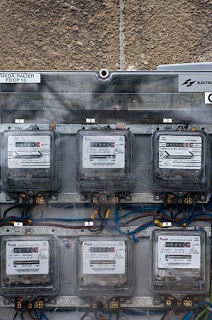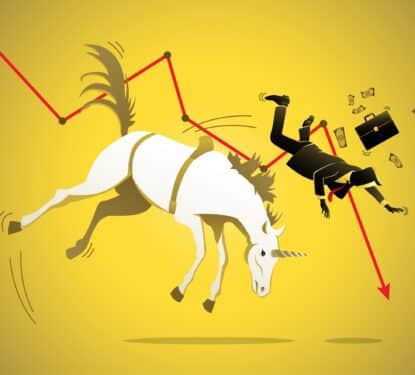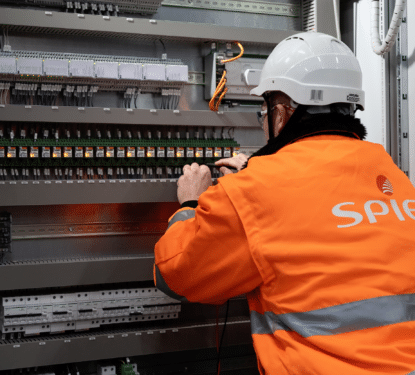You cannot argue that present economic woes will have a negative impact on the business and will reduce demand but the extent of this will be decided by the ROI on Smart Grid investments and the cash than can be generated from improved productivity and reduction of wasted energy. This is not a 'nice to have' but a 'must have' product.
The US could become one of the more difficult markets to trade in because utilities and regulators focus really hard on minimising customer bills during difficult economic times.However this has already been the case during the last 2 years; fortunately the stimulus programs compensated. A significant proportion of these funds are still in the pipeline, sufficient to keep the investment program rolling for up to a year but then its impact on investment will rapidly fall off.

The North American electrical utility market spent something like $23 billion on Electrical Transmission and Distribution equipment in 2010. ‚Â The vast majority of this was spent on retrofit and refurbishment of existing systems and much of this was replaced with Smart Grid ready equipment, ensuring a steady base load of business. Judging by the creaky state of the network if they reduce expenditure here then blackouts will increase leading to a further deterioration year on year. We suspect that the customers would prefer to pay a little more for a reliable electrical supply.
The priority will be spending on automating the transmission and distribution network to achieve balance and voltage optimisation. However integration programs that bring together information to enable more efficient overall control of the grid will take lower priority despite the fact that they can help reduce outages and protect revenues and pay back on their investment.
Northern Europe has a much more reliable grid system but customers pay a lot more for having one. However the politicians are now realising that they can’t take this for granted much longer and it may not be possible for a Smart Grid to finance itself from increasing utility revenues.If the low carbon economy is to be realised in the planned time span, then governments will have to engage in some serious stimulus programs along the lines of the US model.
In Europe the drive to reduce dependence on nuclear and conventional power at the same time as increasing renewable electrical generation cannot be achieved without a massive investment in Smart Grid.
... within 2 years China will be largest single market for electrical transmission and distribution equipment in the world.
In Germany the decision to rapidly close down all nuclear power stations requires a doubling of effort in Smart Grid deployment. The question now is do they have much choice but to slow down the nuclear closure and CO2 reduction programme and spend more on getting the economy back on track.
We suspect that both in Europe and North America compromises on the low carbon economy agenda will have to be made. One solution here is for more use of natural gas to be allowed to generate power from the latest advanced gas turbines that are 60% fuel efficient; a 15% increase in efficiency on existing systems.
They have the capability to rapidly increase and shut down load giving the kind of flexibility to compensate for the downside of renewable power. This would put less strain on the grid and allow more time for Smart Grid to be introduced in a much more integrated and balanced way rather than spending the lion’s share of investment on smart meters when they can’t deliver their full potential until all aspects of smart grid are in place.
Investment in smart grid may lack growth in the next 2 years in the developed economies of the world but the present programmes in China and Asia will press on and within 2 years China will be largest single market for electrical transmission and distribution equipment in the world.



